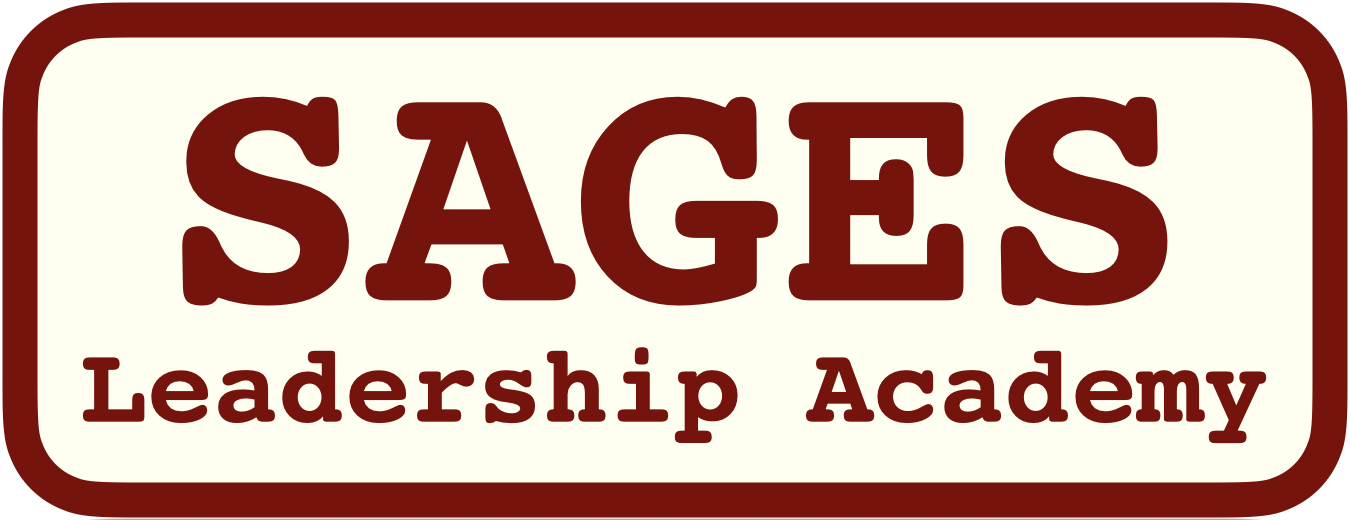The Dunning-Kruger Effect

The Dunning-Kruger Effect is a cognitive bias that affects the way we form opinions.
Now what is a cognitive bias?
Cognitive bias is a systematic error in making judgments and thinking that occurs when people are processing and interpreting information in the world around them that affects the decisions that they make. Cognitive biases are often a result of your brain’s attempt to simplify information processing
We would like to believe we are objective and rational, and generally make good decisions in our lives. Unfortunately, this is not always true, we are all prone to using heuristics and having cognitive biases which lead us to make irrational and incorrect decisions.
In this article we look at The Dunning-Kruger effect . Let’s find out what it is and how it affects us.
The Dunning-Kruger effect
Ever made a timetable for accomplishing tasks during the day? Were you able to accomplish it exactly as planned? For myself, I can admit I have not. Often I found myself overestimating my abilities in how quickly I can do certain tasks. I have fallen for this error in thinking, that visits us all in some form or other. The Dunning Kruger Effect.
The Dunning-Kruger effect occurs when we misjudge and overestimate our own or others’ competence, skills, logical reasoning, or abilities. This makes us overestimate our skills, fail to recognize our mistakes, and not recognize genuine competence in others. Some people also include the contrast, stating that this effect is also seen in those, who excel in a given area, to underestimate their abilities. They are so good at it that, they think the task is simple for everyone. Thus overestimating others’ competence
According to David Dunning and Justin Kruger, The phenomenon occurs because those who lack skills, also do not know what qualifies as competence in that skill.
Others argue that those who are average in their abilities and competence are more, and generally grouped together so they also lack the comparative data necessary to make an accurate judgment.
Situations
Driving- Having less than six months of experience as a driver makes you eight times more likely to get in an accident. The obvious reason behind this is that you haven’t had much practice. Another reason is that your ignorance can make you overconfident. Thus causing you to make reckless decisions.
Evaluating our own job performance: We may over or underestimate our job performance because of this effect. The underachievers, surrounded by other underachievers, will likely estimate their performance as very satisfactory. While the overachievers (who have met targets, help out their teammates, know most of the in’s and out’s of the operation) are likely to evaluate themselves as underperformers. As can be seen in a poll of University of Nebraska’s faculty. Here 68 of the faculty members believed themselves to be among the top 25 in terms of ability to teach. While 90 of them regarded themselves to be above average. Both of these phenomena are mathematically impossible.
This effect can happen to anyone. A brilliant poet might be a poor artist. A well spoken person may not know how to write very well. Someone might be great at cooking, but a bad instructor for the same skill.
Avoiding Dunning-Kruger Effect.
Here are some ways to avoid or overcome this effect:-
First take all opportunities to learn and improve yourself, even in skills, you believe you are “good enough” in.
Second, seek feedback from others. We have seen this in ourselves, we are able to be more realistic in our observations of others’ mistakes than our own. Thus seeking other people’s opinions will give us a more realistic perspective.
Third, question what you know, explore its different aspects and keep looking for opportunities to further your knowledge.
And fourth, accept that we humans are quite imperfect. Often when we are asked a question we ought to know but don’t, we feel shame, and hide it by; dismissing the question, getting angry, and in general not even trying to look for the answer. Instead of treating the question with such defensiveness, we can accept, not knowing the answer, and seek it out.
We have taken a look at how “The Dunning-Kruger Effect” affects us. But, there are many more biases that can overwhelm our rational thought processes. So read on to other biases to make more intentional and informed choices.
References
Dunning D. Kruger J. Unskilled and Unaware of It: How Difficulties in Recognizing One’s Own Incompetence Lead to Inflated Self-Assessments, Journal of personality and social psychology, https://www.researchgate.net/publication/12688660_Unskilled_and_Unaware_of_It_How_Difficulties_in_Recognizing_One{fbc85f0ae801488f0ab9cb320830b01a66502721817dc3e345baab433c08b7db}27s_Own_Incompetence_Lead_to_Inflated_Self-Assessments
The Dunning-Kruger Effect, https://www.verywellmind.com/an-overview-of-the-dunning-kruger-effect-4160740
Why can we not perceive our own abilities? https://thedecisionlab.com/biases/dunning-kruger-effect/
Dunning, D. We are all confident idiots, https://psmag.com/social-justice/confident-idiots-92793
Cross P. Not can, but will college teaching be improved? https://doi.org/10.1002/he.36919771703
An expert on human blind spots gives advice on how to think https://www.vox.com/science-and-health/2019/1/31/18200497/dunning-kruger-effect-explained-trump

